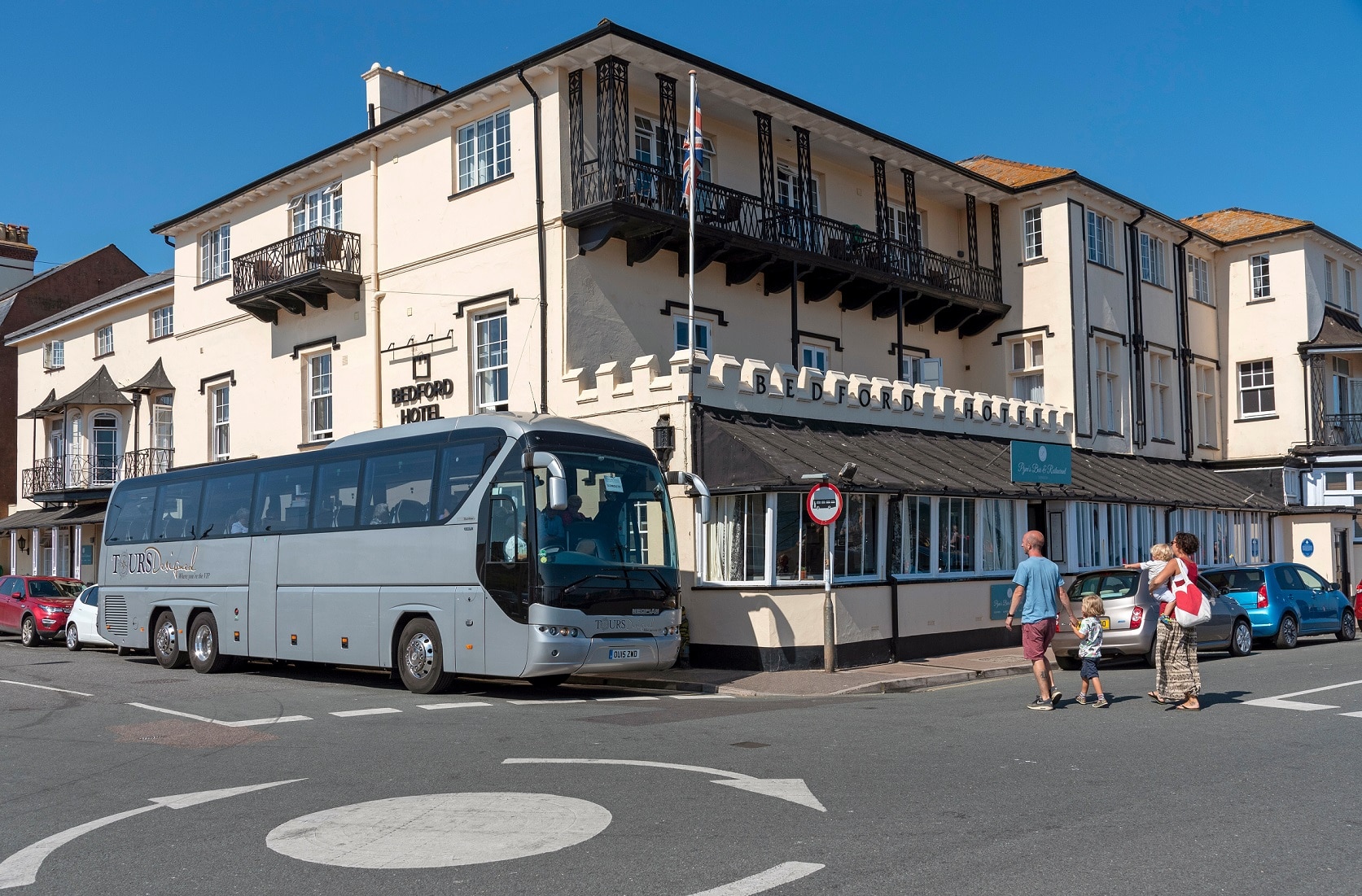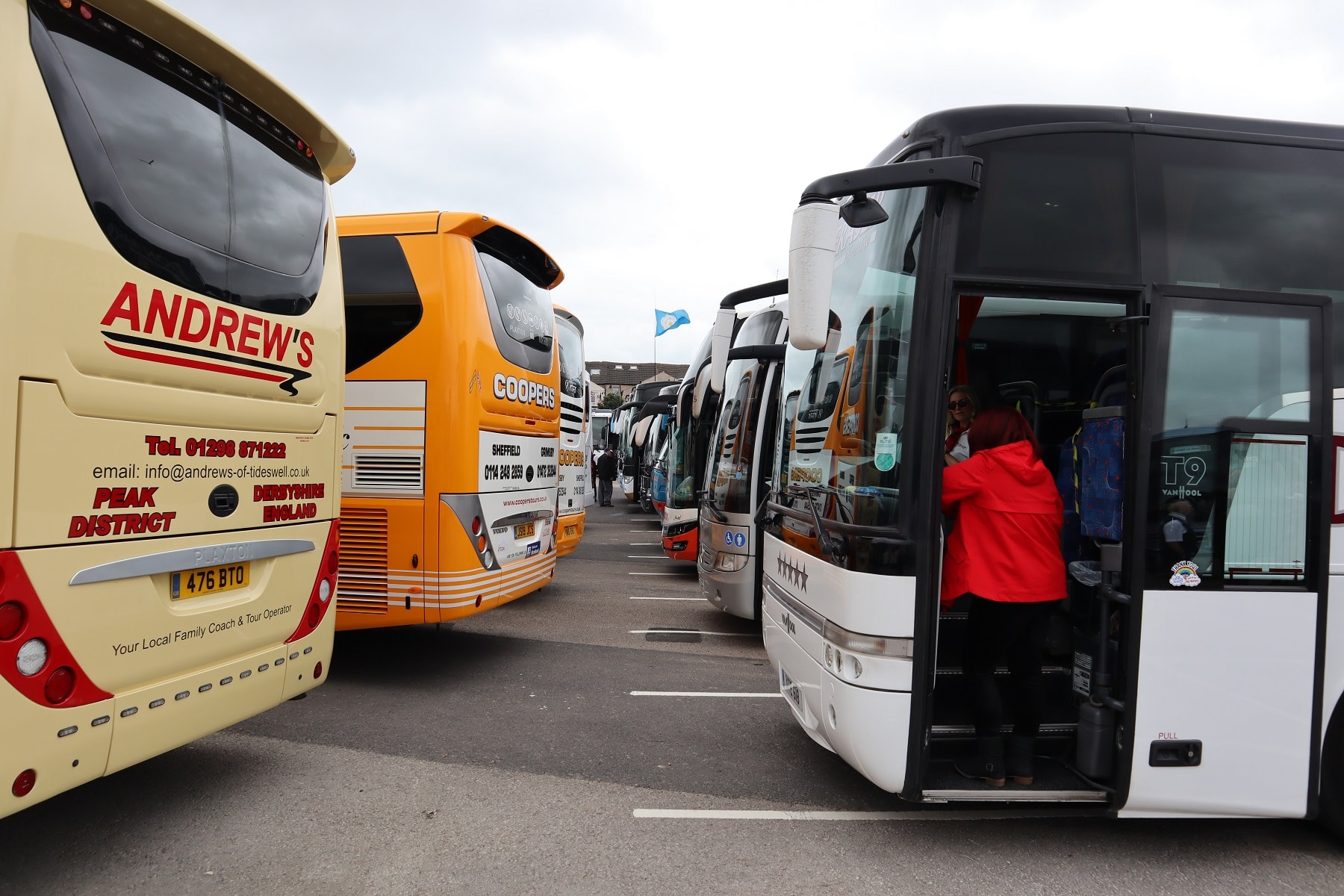The coach industry campaign for financial support has suffered a major setback after proposals submitted to the government by the Confederation of Passenger Transport (CPT) were rejected by ministers at a meeting on Wednesday 15 July.
While the politicians present say they understand the sector’s plight, CPT was told that no help is available beyond those schemes that capture the wider economy. Additionally, ministers failed to explain why coaches in England are still not considered eligible for the Retail, Hospitality and Leisure Grant Fund (RHLGF).
The news was communicated to CPT members by Chief Executive Graham Vidler and President Steve Whiteway on 16 July.
In addition to seeking confirmation that coach operators in England are eligible for RHLGF, CPT had asked the government for cash support of £65m per month for the wider industry for the rest of 2020. It had also proposed an extension to the Coronavirus Job Retention Scheme. That would allow staff to remain furloughed until business levels return to normal.
Mr Vidler says that the government’s thoughts are instead now turning to economic recovery measures. There are hopes that coaching may receive grants as part of efforts to restart UK tourism, but if that money materialises it is likely to be modest in scale.
While CPT’s proposals for coach industry support have not been accepted, ministers indicated at the same meeting that a hugely increased number of vehicles will be required for dedicated home-to-school transport in England from the new academic year.
The Department for Transport (DfT) estimates that an additional 5,000 coaches and buses will be needed to convey pupils that will be unable to use local bus services due to capacity limitations. Under government guidance, dedicated home-to-school services in England are not subject to social distancing regulations and may operate with all seats occupied.
DfT has agreed to fund the extra services and to pay operators the necessary rate. CPT will continue to engage with the Department on home-to-school transport as a matter of urgency, including on how that funding will be administered.
While various barriers to providing such an extraordinary number of additional vehicles exist, the government has indicated that a further exemption to PSVAR for home-to-school services will shortly be granted to help smooth the provision of increased capacity.
CPT has also informed ministers that the extended periods being taken by some local authorities to process driver DBS checks are “not acceptable.” They have been informed that urgent change is needed if sufficient driver resource is to be provided for additional dedicated home-to-school capacity. The issue will be revisited shortly to find a solution.
CPT’s 16-strong Coach Commission will now consider what further action can be taken in a bid to convince the government of the industry’s urgent requirement for support if it is to deliver additional provision of dedicated home-to-school transport in England from September.

























